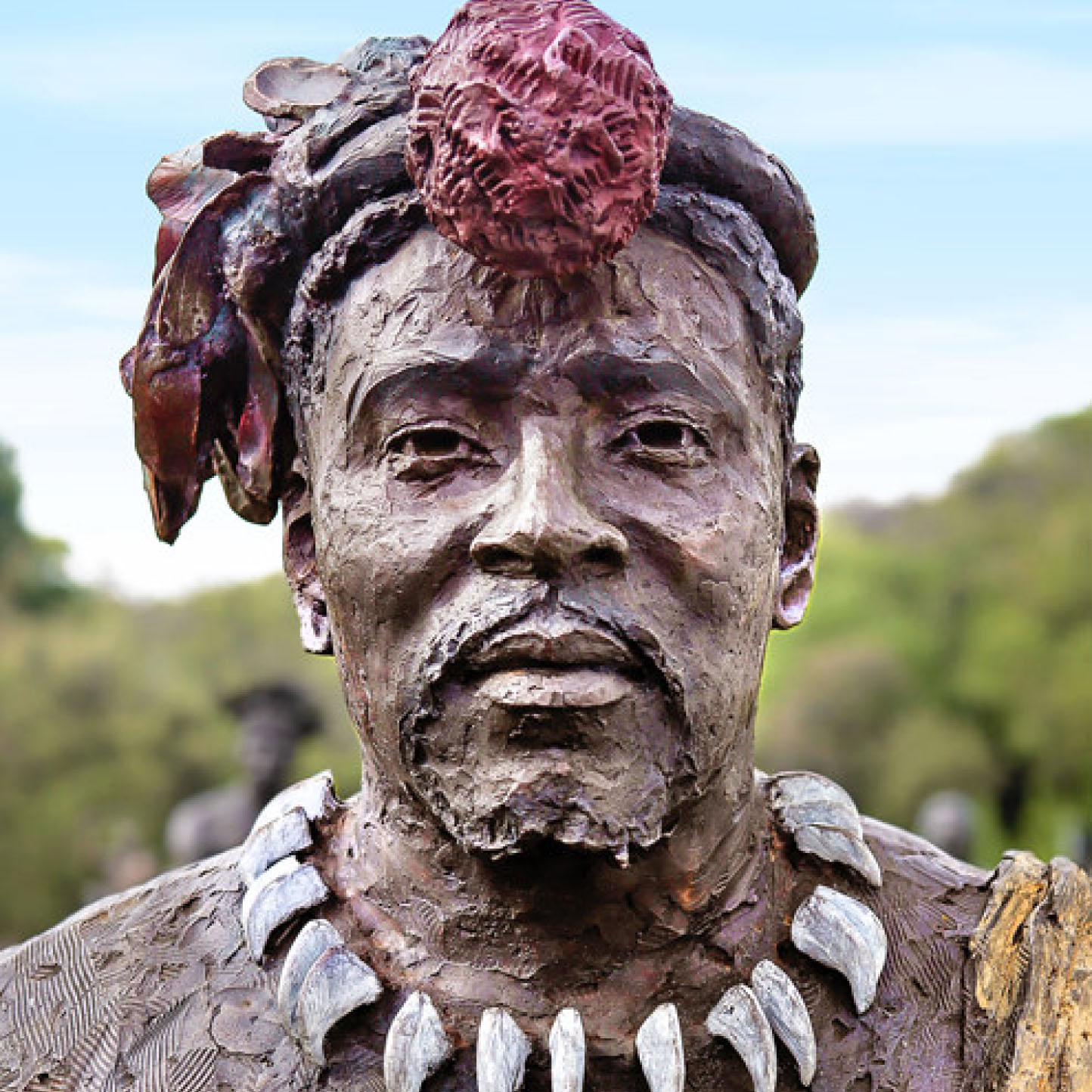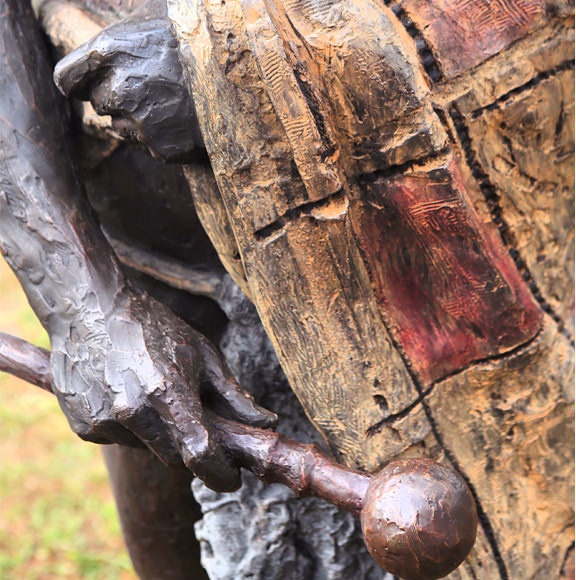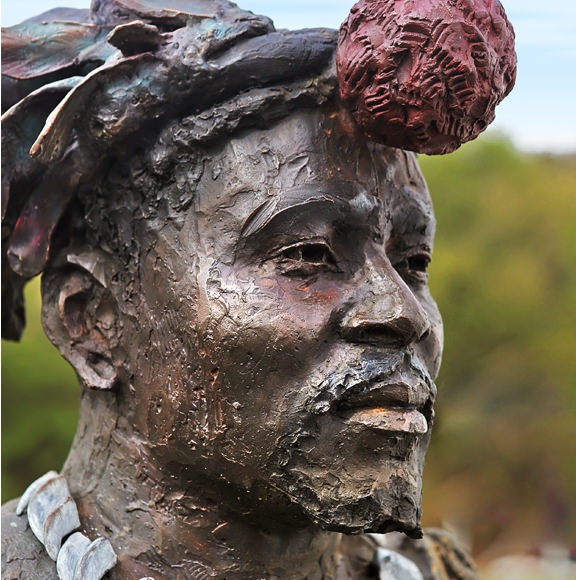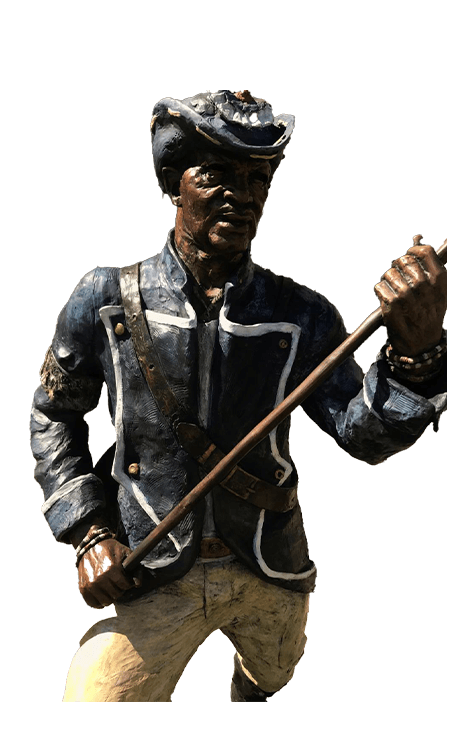


"I love the English. I am the child of Queen Victoria. But I am also king in my own country. I shall not take dictation. I shall perish first."
King Cetshwayo, 1877
Cetshwayo Ka Mpande
1826 – 1884
The Last King of the Independent Zulu Kingdom
Cetshwayo was born in 1826 during a very troubled period in the history of the Zulu kingdom. Dingane assassinated King Shaka when Cetshwayo was two years old, and his own father Mpande removed Dingane from the throne 12 years later.
Cetshwayo was named Mpande's heir, but he would have to fight off two brothers, killing his younger brother Mbuyazi on the banks of the Tugela river in 1857, before he officially became king when his father died in 1872.
Cetshwayo first asserted his kingdom's independence when Boers flooded into it, claiming land and trying to tax homesteads in the north-west. He sent several thousand warriors to the border, and the Boers retreated. But the arrival of Sir Bartle Frere, British High Commissioner for South Africa and Commander-in-Chief of all British forces, posed a new threat.
Cetshwayo had revived Zulu military power and as a ruler of a highly disciplined army of 40,000 men, his kingdom's independence was considered a threat to British colonial interests. Bartle Frere provoked a war with Cetshwayo in 1878 and invaded the Zulu Kingdom in January 1879. At the Battle of Isandlwana early in the Anglo-Zulu War of 1879, Zulu regiments overwhelmed and wiped out the South Wales Borderers, inflicting one of the worst defeats suffered by the British imperial army during the Victorian era.
Cetshwayo's army lost the crucial Battle of Ulundi a few months later. Cetshwayo fled and was eventually captured in the Ngome forest and exiled to Cape Town. In 1883 he travelled to London and met Queen Victoria, who permitted him to return to South Africa to rule a portion of the former Zulu kingdom.
It was the beginning of the end of his reign. The British broke up his kingdom, dividing it among thirteen puppet kinglets appointed by the colonial power. Civil war among competing factions was incited by the British. One of Cetshwayo's most vicious rivals, Zibhebhu, eventually forced him to retreat into the Nkandla forest, from where he moved to Eshowe.
He died suddenly in 1884. The British doctor who was attending him suspected poisoning, but Cetshwayo's family refused to allow an autopsy and gave the official cause of death as heart disease.

